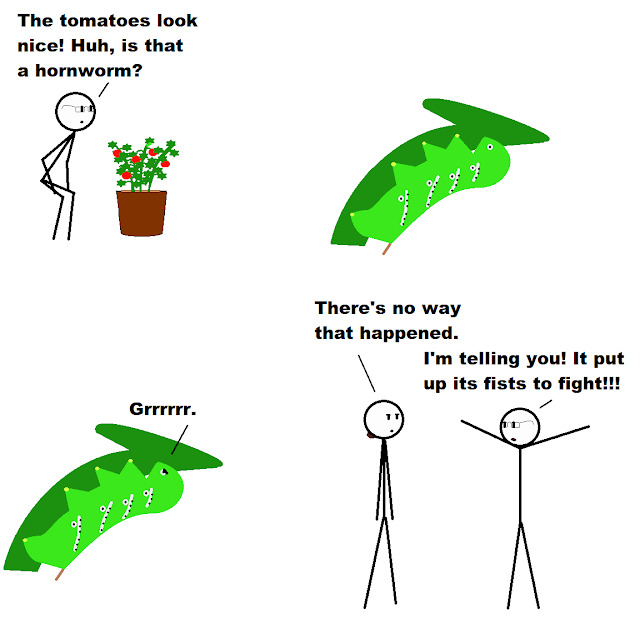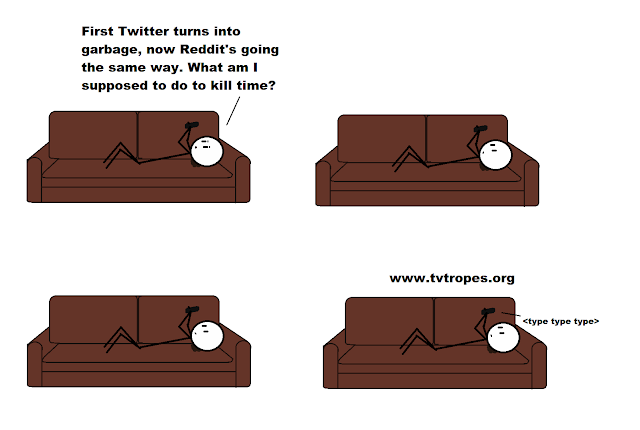This week, we’ll look at words related to the prefix apo-, which can
mean of, from, away from, separate, apart from, or free from, and comes from
the Proto Indo European apo- or ap-, which means off or away. Now, I’ve gone over some of
the words that begin with the prefix, like apocalypse and apology, but
there are tons of other words that are actually from apo- without just being
attached to the prefix. And we’re going to check them out!
First, of, which I think I’ve gone over before when I looked at
prepositions. It comes from the Old English of, which, in a shocking twist, means of.
It comes from the Proto Germanic af, which is from apo-. Off is
actually from off, believe it or not. It showed up in the thirteenth century,
also coming from the Old English of, meaning of and off were the same until
English split them up!
Next, after, and of course aft. After comes from the Old English aefter, which, you know, means after, though it
originally referred to time, as in being behind or later (so what we know it
as). But after… happens to also be
from the Old English of. They just added -ter to it. Funny enough, aft actually
comes from the Old English aeftar,
which means behind, but that’s just
from of (or aef as it was also spelled).
There’s also ebb, which comes from the Old English ebba, which means ebb, or low tide,
also thought to descend from the Germanic af. I mean, there have been
much crazier words. Like overt, which I did when I looked at words related to were-,
as the o- comes from apo-, or aperture, from pretty much the same place.
But the really weird one? Awkward. No, that isn’t an attempt at a joke.
Awkward showed up in the mid fourteenth century meaning in the wrong direction. Then it started to mean clumsy, then
embarrassed or ill at ease, which is what we know it as. The suffix is from
the same place as inward and outward (but not any other ward). But the prefix, awk, also meant turned the wrong way
when it showed up in the mid fifteenth century,
coming from the Old Norse afugr, Proto Germanic afug-, and finally, the PIE apo-.
We haven’t used it that way since the seventeenth century, but that’s where it
comes from.
Sources
Online Etymology Dictionary
Omniglot
University of Texas at Austin Linguistic Research Center
University of Texas at San Antonio’s page on Proto Indo European language
Tony Jebson’s page on the Origins of Old English
Old English-English Dictionary
Online Etymology Dictionary
Omniglot
University of Texas at Austin Linguistic Research Center
University of Texas at San Antonio’s page on Proto Indo European language
Tony Jebson’s page on the Origins of Old English
Old English-English Dictionary



